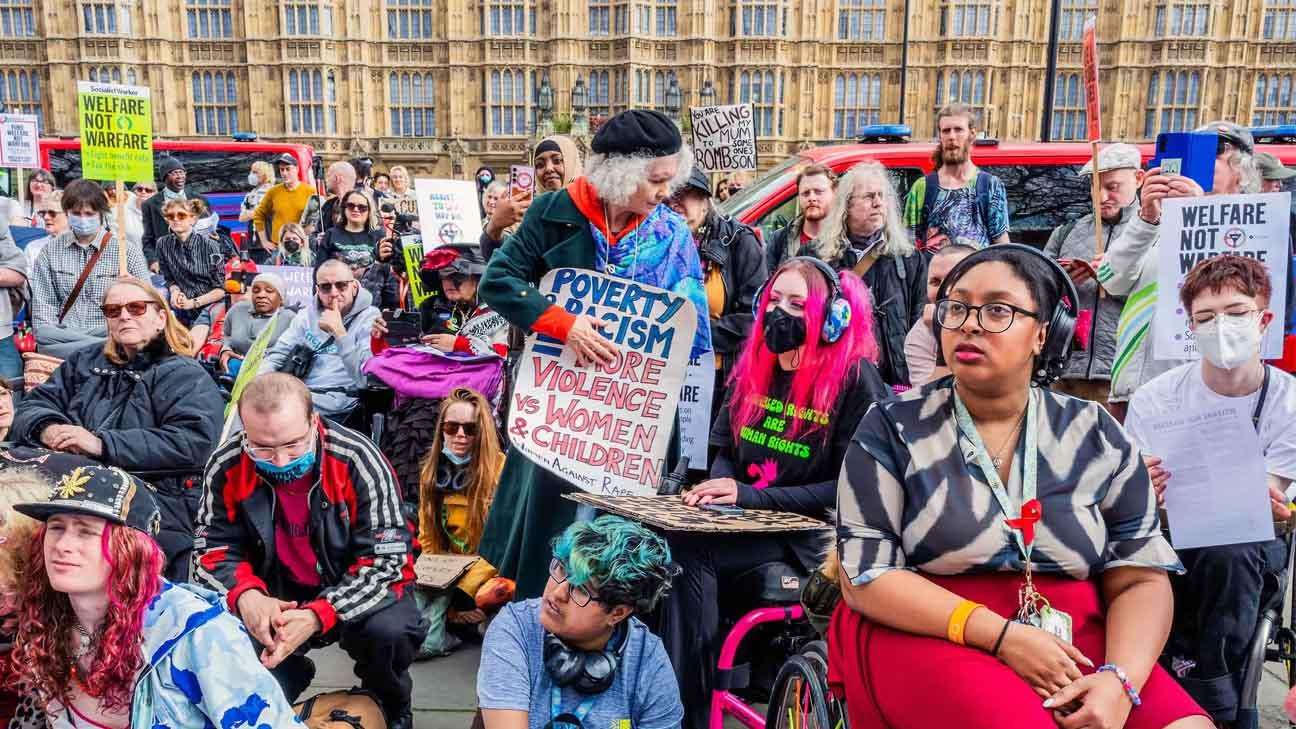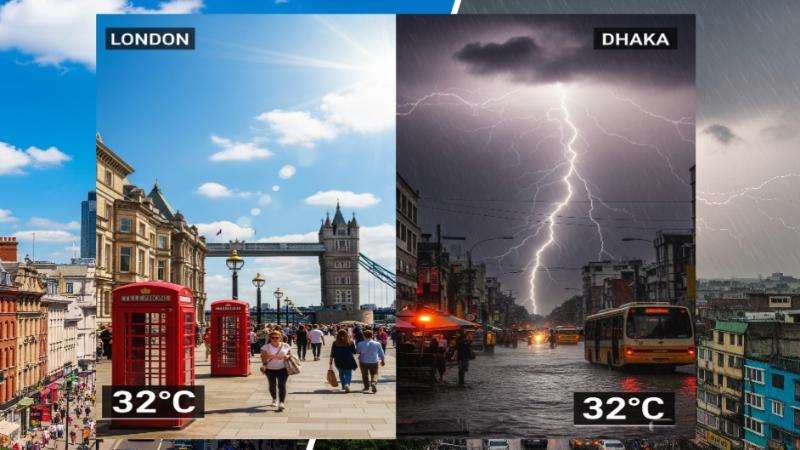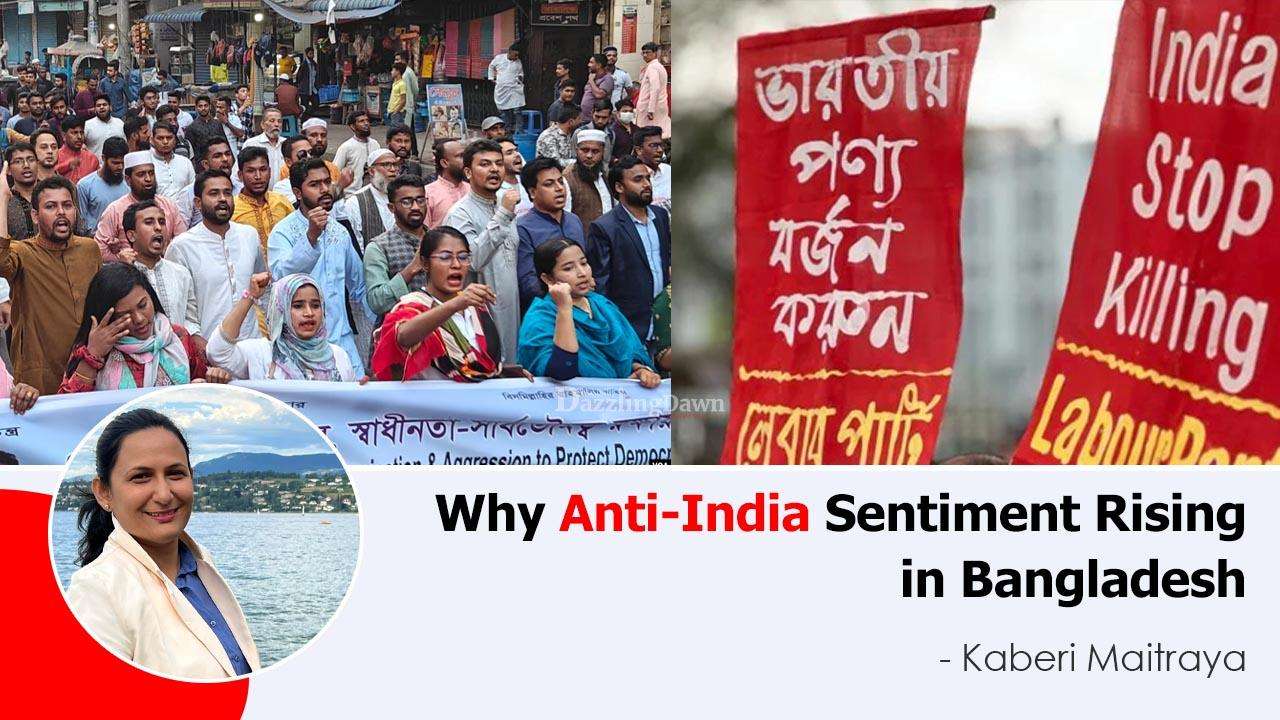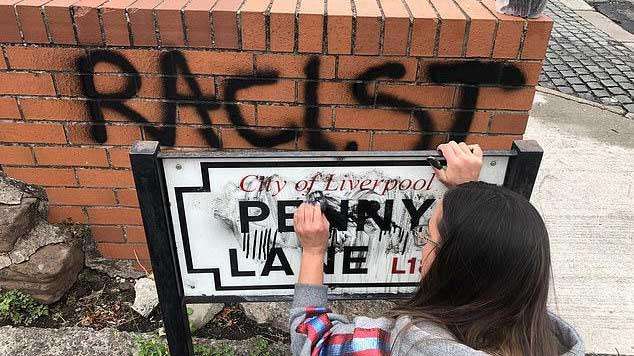The anti-India sentiment in Bangladesh has escalated significantly, resulting in strained diplomatic relations that reflect deep-rooted historical grievances and contemporary political challenges. The current situation demands attention to various factors that contribute to this hostility and its implications for future bilateral relations.
Historically, India played a crucial role in Bangladesh's liberation from Pakistan in 1971, providing vital support and assistance during the conflict. However, this once strong bond has been tarnished by recent events, particularly following Sheikh Hasina's escape in India in August 2024 during widespread public protests against her government. This marked a significant turning point in bilateral relations, as perceptions shifted toward viewing India's support as unwelcome interference in Bangladeshi politics.
During the Great Liberation War, India opened its borders and provided humanitarian aid to save the lives of Bangladeshis, fought alongside the Freedom Fighters, and helped liberate this nation from the Pakistani military. However, 53 years later, an investigation into why anti-Indian sentiments have intensified among the Bangladeshi populace is essential in understanding the future of bilateral relations and foreign policy between the two nations.
The majority of people in Bangladesh believe that the current government, led by Sheikh Hasina, has remained in power not through the reflection of the people's will but through collaboration with the contemporary Indian government to violently suppress opposition parties and dissenting voices, particularly since 2014. The Indian government has acted as a facilitator for Sheikh Hasina internationally, citing objectives such as curbing Islamic fundamentalism and reducing Chinese influence. Until the imposition of sanctions on the Rapid Action Battalion (RAB) by the US government in 2021, the Sheikh Hasina-led government faced little international scrutiny, despite ongoing allegations by the BNP, Jamaat-e-Islami, and Hefazat-e-Islam, and human rights organizations concerning killings, disappearances, and repression.
Reports from the US State Department during this period have documented these accusations and incidents. The ongoing support from Indian officials for Sheikh Hasina raises questions as to whether it stemmed from genuine national interests or self-serving motives. Many Bangladeshis have directly observed that the government has utilized the fear of Islamic extremism to ruthlessly suppress dissent, later assuming a parental role and claiming the title of ‘Kawmi Janani’ among their ranks. Such blind support for Sheikh Hasina's authoritarian measures has further roused skepticism and anger towards India within Bangladesh. Considering national interests, it is not unreasonable to seek balanced foreign relations and for India to engage with Bangladesh with a changed mindset and approach.
Furthermore, it is evident that India and Bangladesh's relationship is far from normal at this moment. Particularly since Sheikh Hasina's flight to India under popular student protests in August, the relationship has deteriorated. India's actions suggest that they cannot come to terms with the possibility of her departure from power. Recent incidents, such as the arrest of Chinmoy Krishna Das, a former ISKCON leader and spokesman for the Sanatani Jagaron Jot, and attacks on the Bangladeshi mission in Agartala by militant Hindu groups, have added to the tension. The government of Bangladesh summoned the Indian High Commissioner in light of these assaults.
Naturally, the aggressive behavior of Indian extremists has hurt the sentiments of the Bangladeshi people. There have been prior incidents of protests and attempts to vandalize the Indian Deputy High Commission in Kolkata, which should have prompted appropriate security measures from Indian authorities. However, following events such as the attack in Agartala, India did express regret and took action against security personnel. Nevertheless, since August 5, India's behavior has not felt friendly. As a neighbor, India continues to support the Awami League exclusively, increasingly alienating ordinary Bangladeshis.
India must recognize that the July Revolution was not solely the endeavor of a political party or faction; it represented a people's movement. Although various groups participated, including the BNP, Jamaat, and left parties, the movement embodied a collective character, compelling the authoritarian ruler Sheikh Hasina to flee. By providing shelter to Hasina, India has garnered resentment among the Bangladeshi populace. Initially, the people showed restraint despite their frustrations towards India, but following the arrest of Chinmoy Krishna Das, there was an incident involving the disfigurement of the Indian flag in an educational institution as a response.
The situation escalated starting from India, where Sheikh Hasina has continually made threats from Delhi, at times suggesting immediate intervention in Bangladesh's internal matters. Most recently, she accused Dr. Yunus, the principal advisor, of instigating genocide during a speech via video at a New York meeting. By offering refuge to Hasina, India has allowed these provocative statements to further incite anger among the Bangladeshi people.
Certain segments of Indian media have also been disseminating false information regarding Bangladesh, for which the Indian government has taken no corrective measures. Indian politicians have made several controversial statements about Bangladesh, reinforcing this sentiment. Following Chinmoy's arrest, political leaders like Shubhendu Adhikari from the BJP have made threats to encircle Bangladesh's borders and restrict trade in essential goods like onions and potatoes, while West Bengal’s Chief Minister Mamata Banerjee has even suggested sending peacekeepers to Bangladesh—remarks that can only be deemed absurd.
The behavior exhibited by certain Indian media and politicians appears to indicate their frustration. Is their rage driven by Sheikh Hasina's ousting? It is possible that her previous concessions to India have now backfired, causing harm to Indian interests due to her current political downfall. Nonetheless, a sovereign and independent nation's internal matters should warrant a more measured response from India.
The series of developments has led to increased animosity among the Bangladeshi populace towards the Indian government, primarily resulting from the behavior of Indian officials and politicians. India needs to reassess its approach and shift its focus from the Awami League to the Bangladeshi population. It is crucial for India to understand the prevailing sentiments of the general populace.
Notably, the perception of India is not positive among the general populace in neighboring countries either. For security reasons, these countries need to maintain proximity to India. In pursuit of this, India has sought to keep the governments of its neighboring nations aligned with its preferences. However, such an approach is not sustainable; historically, pro-India governments in neighboring countries have eventually been replaced. This dynamic has fostered negative views towards India among the general populace.
It appears that India has not learned from these experiences, with politicians continuing to incite tensions. Nevertheless, it is hopeful that in light of Indian provocations, there has been no widespread reaction from the general populace in Bangladesh. Following the arrest of Chinmoy Krishna Das, demonstrable unity and restraint were exhibited by people from all religious and ethnic backgrounds in Bangladesh. Although protests occurred after the Agartala incident, the populace chose not to engage in violent behavior.
For the sake of security, India needs to eschew extremism and strike a balance in its relations with neighboring countries. To ensure national security, India must assure the public in South Asia that it will not act as a harmful neighbor. If India can foster this notion in Bangladesh and elsewhere, it could immensely diminish its security concerns.
Since independence, India has sought to exert unilateral control over Bangladesh. It has continuously resorted to border killings, diverted river waters for its own gain, and interfered in multiple elections. However, if India ceases border killings, engages in fair bilateral dialogues concerning water distribution, and refrains from meddling in internal politics, the anti-Indian sentiment will likely diminish, while security threats will also lessen.
For various security reasons, both Bangladesh and India require each other. If a relationship based on mutual trust is maintained, both countries stand to benefit. However, if India continues to pressure Bangladesh to unilaterally further its interests, it will only heighten tensions between the two nations. This will ultimately jeopardize the security of both countries and lead to suffering for ordinary citizens of both nations.








.svg)


